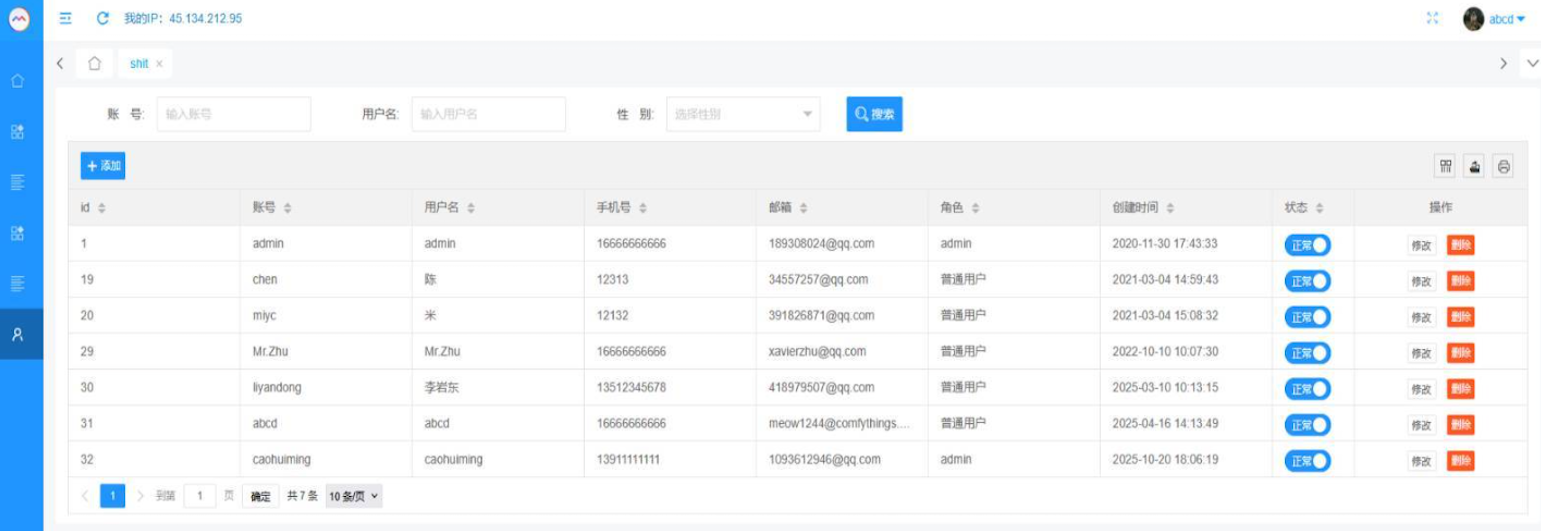Category: Cyber News
-
Fortinet has begun releasing security updates to address a critical flaw impacting FortiOS that has come under active exploitation in the wild. The vulnerability, assigned the CVE identifier CVE-2026-24858 (CVSS score: 9.4), has been described as an authentication bypass related to FortiOS single sign-on (SSO). The flaw also affects FortiManager and FortiAnalyzer. The company said…
-
AI “model collapse,” where LLMs over time train on more and more AI-generated data and become degraded as a result, can introduce inaccuracies, promulgate malicious activity, and impact PII protections. Read More
-
A new ransomware strain that entered the scene last year has poorly designed code and an odd “Hebrew” identity that might be a false flag. Read More
-
While telnet is considered obsolete, the network protocol is still used by hundreds of thousands of legacy systems and IoT devices for remote access. Read More
-
Researchers attributed the failed attempt to the infamous Russian APT Sandworm, which is notorious for wiper attacks on critical infrastructure organizations. Read More
-
Cybersecurity researchers have discovered an ongoing campaign that’s targeting Indian users with a multi-stage backdoor as part of a suspected cyber espionage campaign. The activity, per the eSentire Threat Response Unit (TRU), involves using phishing emails impersonating the Income Tax Department of India to trick victims into downloading a malicious archive, ultimately granting the threat…
-
The cybercriminals in control of Kimwolf — a disruptive botnet that has infected more than 2 million devices — recently shared a screenshot indicating they’d compromised the control panel for Badbox 2.0, a vast China-based botnet powered by malicious software that comes pre-installed on many Android TV streaming boxes. Both the FBI and Google say…
-
The North Korean threat group is using a new PowerShell backdoor to compromise development environments and target cryptocurrency holdings, according to researchers. Read More
-
A new multi-stage phishing campaign has been observed targeting users in Russia with ransomware and a remote access trojan called Amnesia RAT. “The attack begins with social engineering lures delivered via business-themed documents crafted to appear routine and benign,” Fortinet FortiGuard Labs researcher Cara Lin said in a technical breakdown published this week. “These documents…
-
The Russian nation-state hacking group known as Sandworm has been attributed to what has been described as the “largest cyber attack” targeting Poland’s power system in the last week of December 2025. The attack was unsuccessful, the country’s energy minister, Milosz Motyka, said last week. “The command of the cyberspace forces has diagnosed in the…










